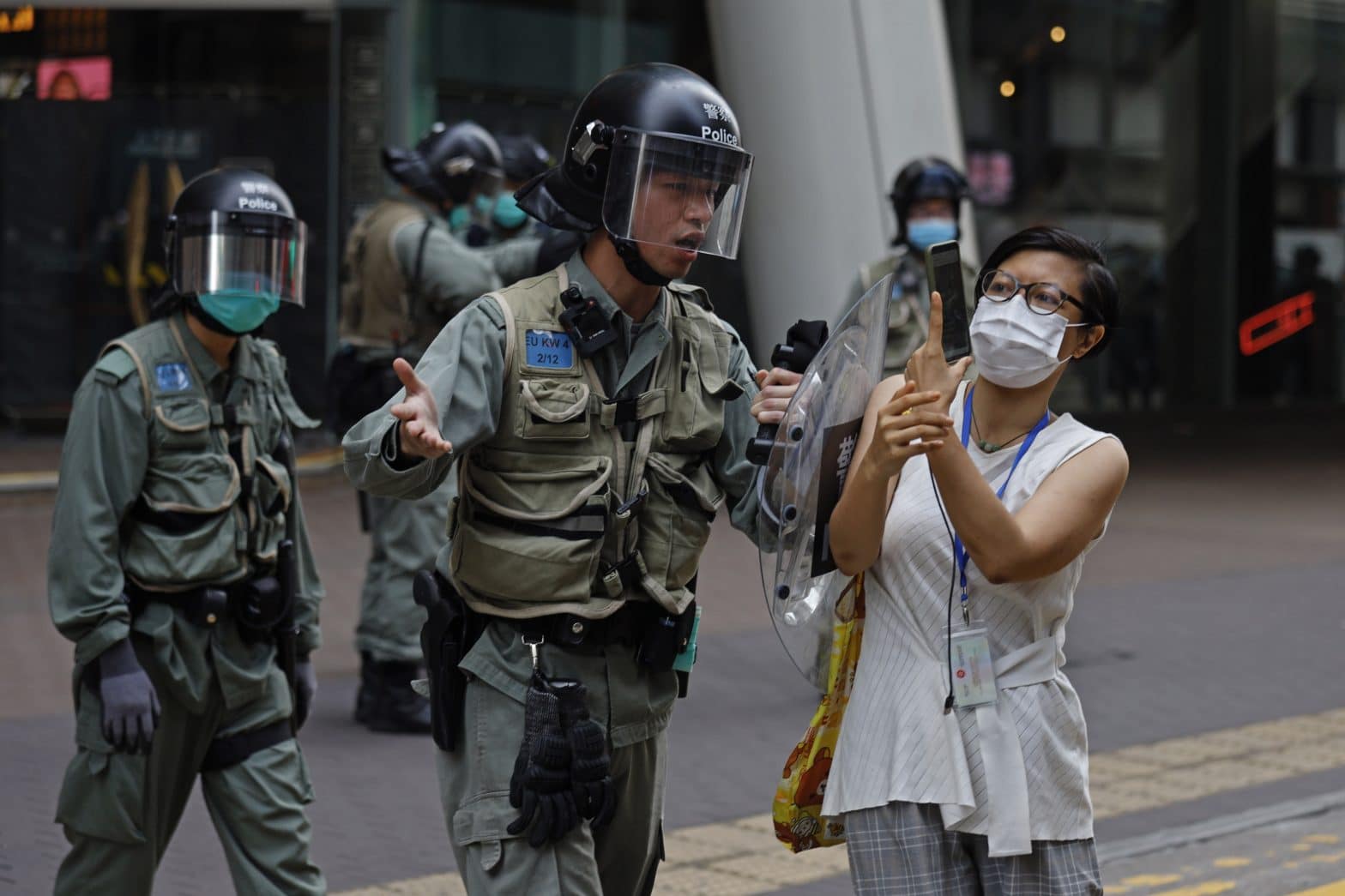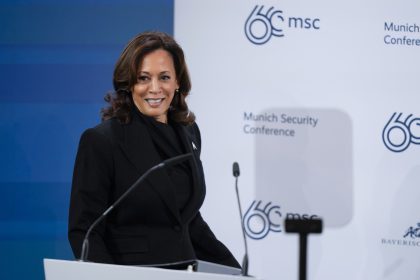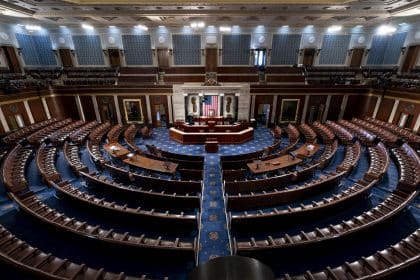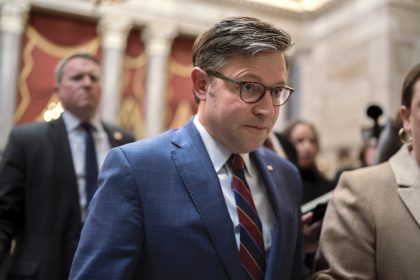Pompeo Says US No Longer Considers Hong Kong Autonomous from China

WASHINGTON – Secretary of State Mike Pompeo announced Wednesday that he’s informed Congress the State Department no longer considers Hong Kong to have significant autonomy under Chinese rule, a move seen as foreshadowing the end of some or all of the U.S. government’s special trade and business relations with the territory.
Pompeo’s revelation comes a day before Beijing is expected to pass a proposed national security law that would allow Chinese security agencies to crack down on civil liberties in Hong Kong.
The secretary has said in the past that this would be the “death knell” for Hong Kong, which has had liberties under a semi autonomous system of governance that does not exist in mainland China.
“No reasonable person can assert today that Hong Kong maintains a high degree of autonomy from China, given facts on the ground,” Pompeo said in a statement.
“I certified to Congress today that Hong Kong does not continue to warrant treatment under United States laws in the same manner as U.S. laws were applied to Hong Kong before July 1997,” he added, referring to the date the British handed the territory back to Chinese authorities following 150 years of British control.
Pompeo said, “Hong Kong and its dynamic, enterprising and free people have flourished for decades as a bastion of liberty, and this decision gives me no pleasure.
“But sound policy making requires a recognition of reality. While the United States once hoped that a free and prosperous Hong Kong would provide a model for authoritarian China, it is now clear that China is modeling Hong Kong after itself.” he said.
The announcement from the State Department does not in itself prescribe follow up actions by the Trump administration, but it is seen as a recommendation on policy direction.
What happens next depends on President Donald Trump. He could sign an executive order formally breaking off cooperation with Hong Kong on a number of economic and business issues, including trade.
Such a move could happen as early as Thursday or Friday, after the Chinese government approves the new national security law pertaining to Hong Kong on Thursday.
From there, the White House’s options escalate dramatically, including possibly imposing the same tariffs on exports from Hong Kong as it now puts on goods from mainland China.
Regardless of the path Trump chooses, any action the administration takes will significantly tarnish Hong Kong’s position as a global financial and business hub. Any move the U.S. takes would also be a blow to China which relies on the thriving metropolis as the base for transactions with other countries.
At least one of Trump’s allies, Sen. Lindsey Graham, R-S.C., is urging the president and his Senate colleagues to “move quickly and decisively.”
“In light of the Secretary of State’s announcement … it is imperative the Senate act on bipartisan legislation sanctioning China for the destruction of Hong Kong’s democracy and freedom.”
On Tuesday, members of the Blue Dog Coalition of House Democrats wrote to the leaders of both parties, urging them to put politics aside and come together on the China issue.
“The Chinese government — true to form — has refused to honestly acknowledge its central role in the emergence and spread of the [coronavirus], and has bullied individuals and nations that have called for a full and fair accounting of events to reduce the chance they will be repeated,” the letter states. “We cannot let the Chinese government’s campaign of dishonesty and disinformation continue without consequence, especially when it is placing American lives in danger.”
Rep. Stephanie Murphy, D-Fla., co-chair of the coalition has introduced a bill that would establish a national commission that would investigate our government’s handling of the pandemic but also cover Beijing’s actions.
The Blue Dog letter also calls for a federal inquiry into how Beijing might exploit the pandemic to advance its foreign policy objectives at our expense.
Britain handed Hong Kong to China in 1997, after the two nations reached an agreement on the colony 13 years earlier.
In 1992, the United States passed a law that said the American government would continue to treat Hong Kong under the same conditions that applied when Britain ruled the territory.
But after a wave of pro-democracy protests and crackdowns by the police in Hong Kong, President Trump signed into law a bill with bipartisan support that said the State Department would have to provide an annual certification to Congress on whether the United States should continue the special relationship with Hong Kong.
It was in compliance with that law that Pompeo made Wednesday’s announcement.
Last week, House Speaker Nancy Pelosi lambasted Beijing’s attempt to bring an end to the “one country, two systems” framework that Hong Kong has operated under for the past 23 years, calling it “deeply alarming.”
“Attempting to circumvent the HK legislature shows a complete disrespect for the rule of law,” she said.






















